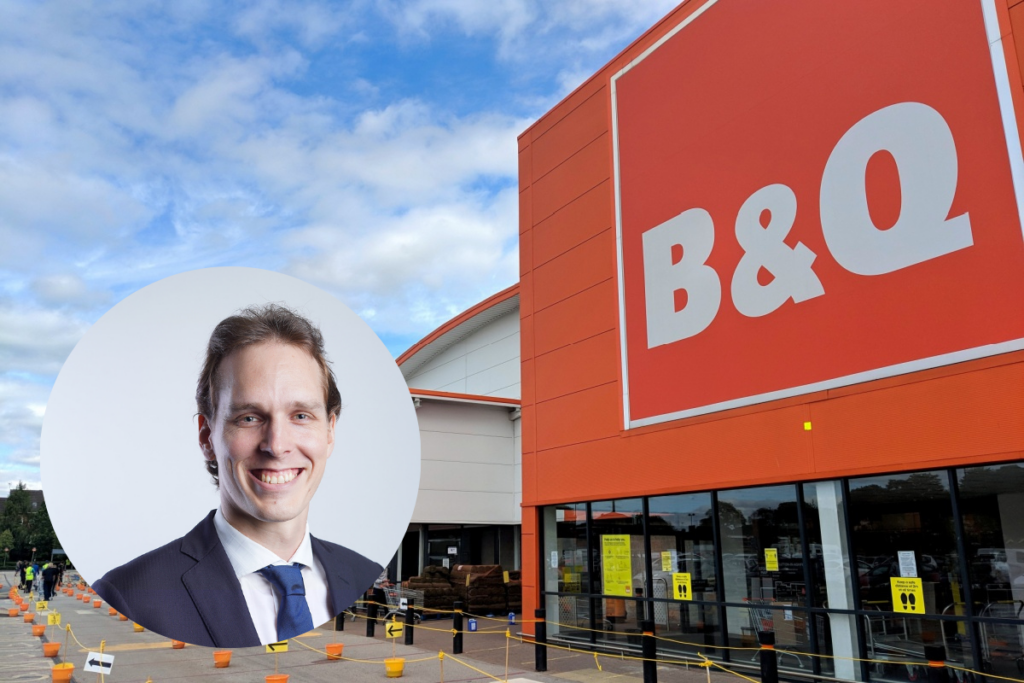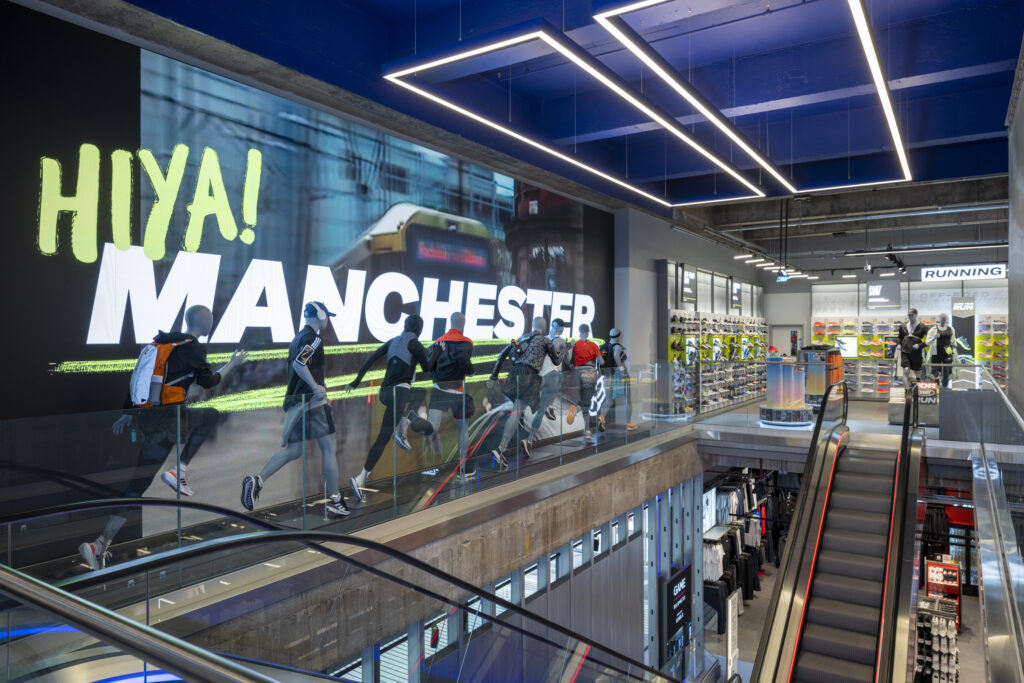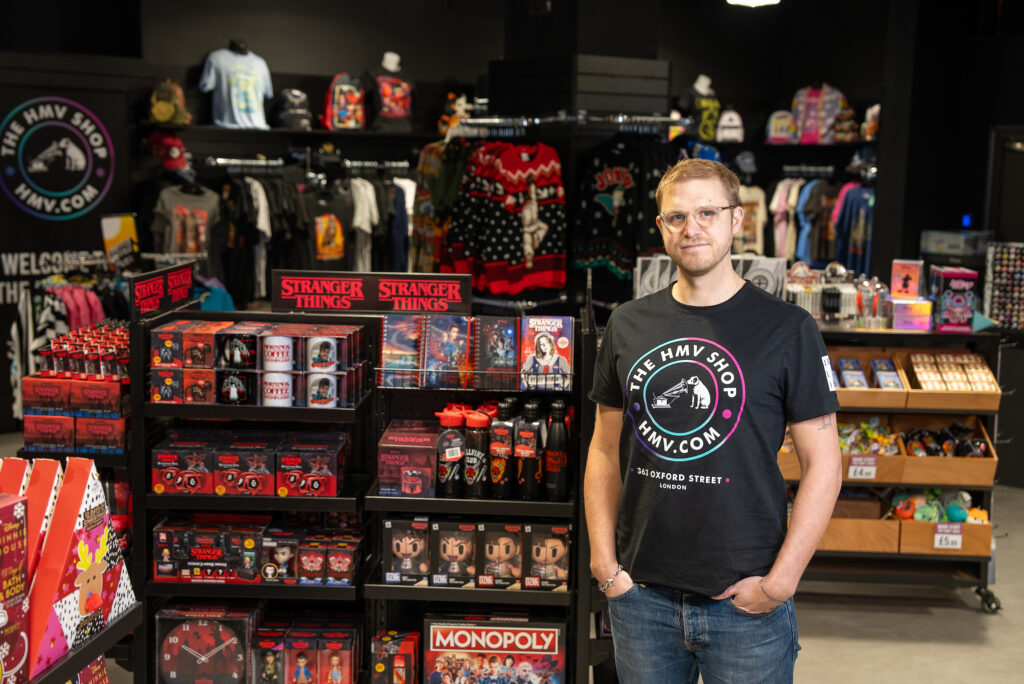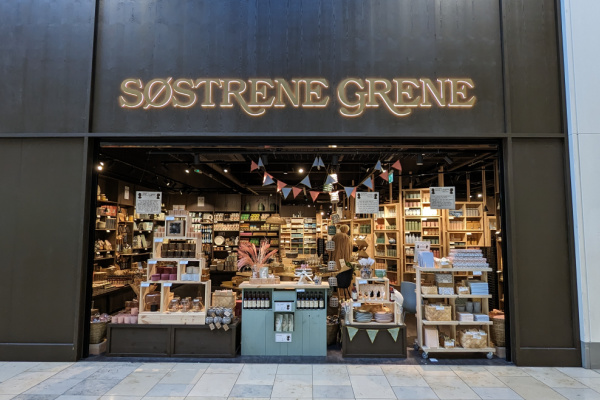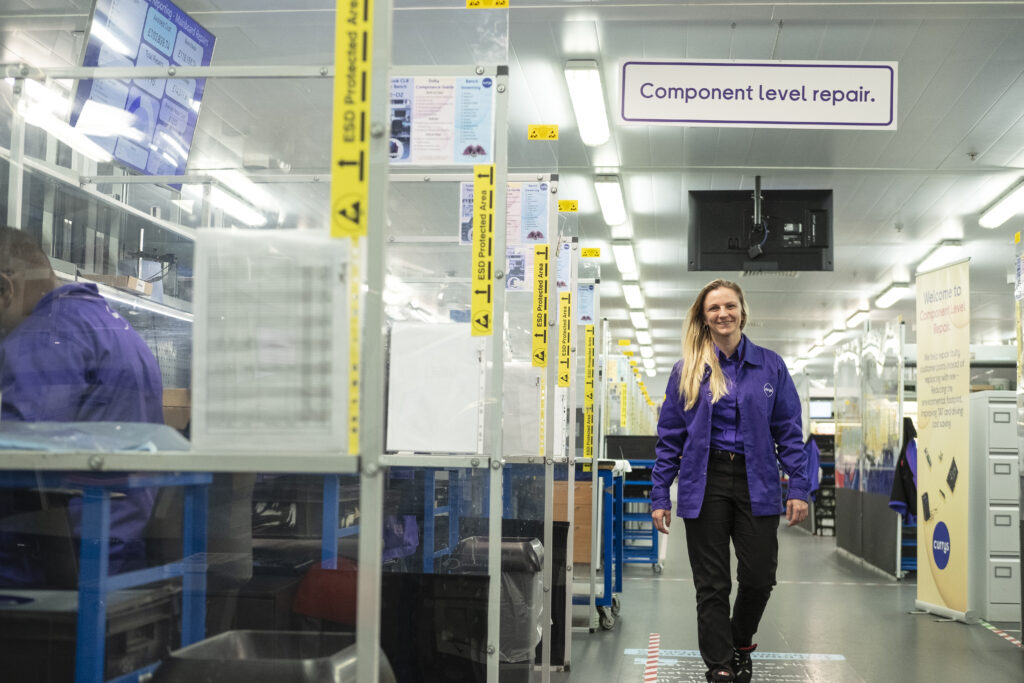Last year was an incredibly turbulent year for retail. From the downfall of many historic retailers to the ailing fashion industry, to the paradigm shift of Brexit. But one sector that seems to have weathered this storm is entertainment retail.
For the second year running, music, video and gaming retail sectors all saw growth and 2016 saw the highest sales ever across the sector topping £6.3 billion.
As an industry that has been predicted to wither and become redundant countless times, entertainment retailers can be credited with reinvigorating and reinventing this industry through storms no less daunting than the one it currently faces.
Someone at the forefront of this reinvention is Kim Bayley, head of the Entertainment Retailers Association (ERA).
“About three years ago, we were probably at the low point in terms of where the industry was going, in terms of losing physical stores and plateauing in certain sectors, but definitely in the last couple of years we‘ve been in growth,” she said.
“There‘s been huge growth on the back of digital services, from our membership we‘ve invested hundreds of millions in creating new ways to get content to consumers.
“So those services have delivered much of the growth that we‘ve seen in entertainment. Be that subscription services like Netflix or download to own through Sky or music services like Spotify, they‘re all attracting greater numbers of consumers and that‘s driving revenue.”
The adage “change is the only constant” is perhaps felt nowhere more significantly than in entertainment retail. As an industry which both sells and relies upon technology, the rate of change is something retailers must embrace.
“I said to him then and I hold by that now, people will always want to own entertainment in some format. Clearly vinyl is a great example of the industry writing off a format way too early.”
“The retail landscape for entertainment has changed dramatically over the last probably 10 years, what we‘ve seen at ERA is a change in terms of the mix of members, there are far more digital members, companies like Sky and Netflix and Amazon joining,” Bayley said.
“Then on the independent side we‘ve also seen a resurgence of independent retailers in music on the back of the vinyl revolution.
“It‘s not about transitioning from physical to digital to streaming. It‘s about creating multiple ways for consumers to access products and what we‘ve seen with customers is they‘re doing everything.
“Most music fans will have a Spotify subscription, they‘ll also maybe buy into CD and vinyl when they want to collect that piece of music and future proof what they might want to do.”
What few fail to realise is that, far from being passive to the technological advancements scrambling to rearrange whenever a new format is rolled out, much of this change is actually driven by retailers.
“Historically, if you went from vinyl to cassette to CD, all of those changes were driven by places like Universal Music deciding we want to put a new format in the market,” Bayley said.
“In terms of what has happened recently it‘s come from technology companies saying we can think of better ways to get your product to people.
“All the change has come from the retail side of the table, they had to drag the content owners into that which is why it took a while to get off the ground.”
CLICK HERE FOR MORE BIG INTERVIEWS
What‘s key to this, and indeed to the ethos of the ERA, is bringing the producers and retailers together in order to work collectively.
“It‘s about getting products to consumers in a way that they want it, and not as a content industry deciding how a customer wants your product,” Bayley added.
“It‘s about retailers and suppliers working together and respecting what each other does. In the music industry, this will be about record store day.
“The retailers deliver all the product. They create all the wonderful PR campaigns and the party atmosphere around it, but ultimately the content owners have to give them fantastic products to make that happen.”
A component of entertainment retail’s reinvigoration has been the vinyl resurgence, which owes a great deal to record store day. Despite vinyl sales going through the roof in recent years, many have voiced their doubts that this can make a dent upon the industry in a way that the likes of Netflix has.
“What you have to realise about the vinyl resurgence is, at the point when vinyl was 0.1 million units a year, the number of independent shops on our high street was contracting massively,” Bayley said.
“They were going out of business. On the back of record store day and vinyl growth shops have come back into the market, they fill a massive void in terms of high street retail.
“Record store day originally started in the US with a group of retailers getting together and deciding they needed a common cause. It came over to the UK the same year and started in five shops.
READ MORE: Could gaming catch the vinyl virus?
“Independent music retailers thought this is a great idea, it started to grow. Soon after this they felt they needed the help of their trade association, then it‘s just grown every year from there and captured everyones imagination.
“I think a lot of the people buying vinyl at the moment are teenagers and young 20 somethings. That means it‘ll grow in the future.”
Despite the clear signs that digital will continue to grow and may eventually dominate, this phenomenon, spearheaded by Record Store Day, demonstrates an understanding that consumers will always want something physical.
“When I started in this industry 15 years ago, I remember my old boss saying to me what a stupid decision going to a trade association doing entertainment was, it will die,” Bayley recalled.
“I said to him then and I hold by that now, people will always want to own entertainment in some format. Clearly vinyl is a great example of the industry writing off a format way too early, and deciding as an industry no one wants it when they did want it.
“I think that holds across all three markets, when you ask gamers 75 per cent would prefer to own Call of Duty on a disk rather than a digital download. I think you have to follow what customers want.”
“We‘ve got to keep creating new ways to get content out there, because actually consumers are really savvy.”
Looking forward, new technologies like viritual reality are already being touted as the next game changers. Many have dismissed its arrival as premature, but it is clear that retailers have as much a role to play in making it a success as the manufacturers do.
“I don‘t think it‘s too early to blow up, it‘s the second or third iteration already. There was a significant number of units sold last year in terms of VR hardware,” Bayley explained.
“Again, if content owners can produce fantastic content then, then retailers will embrace that and make it happen. It‘s all about getting the product right and convincing consumers that that is what they want.
“3D never really worked, we never managed to convince people this is what they wanted. I think VR is a bit different. People are excited about VR, kids especially. They will drive future sales.
“You‘re already seeing the music industry experiment with virtual concerts and things, bringing that to life.”
So amid these turbulent times, entertainment retail has proven beyond doubt that it not only has the ability to adapt, but has the ability to drive the change needed within the industry. What‘s vital for its continued survival is keeping this ethos alive through organisations like the ERA.
“We‘ve got to keep creating new ways to get content out there, because actually consumers are really savvy.
“There is still room for massive amounts of growth in the entertainment industry. I don‘t predict this will stop in the next year.”
Click here to sign up to Retail Gazette’s free daily email newsletter



